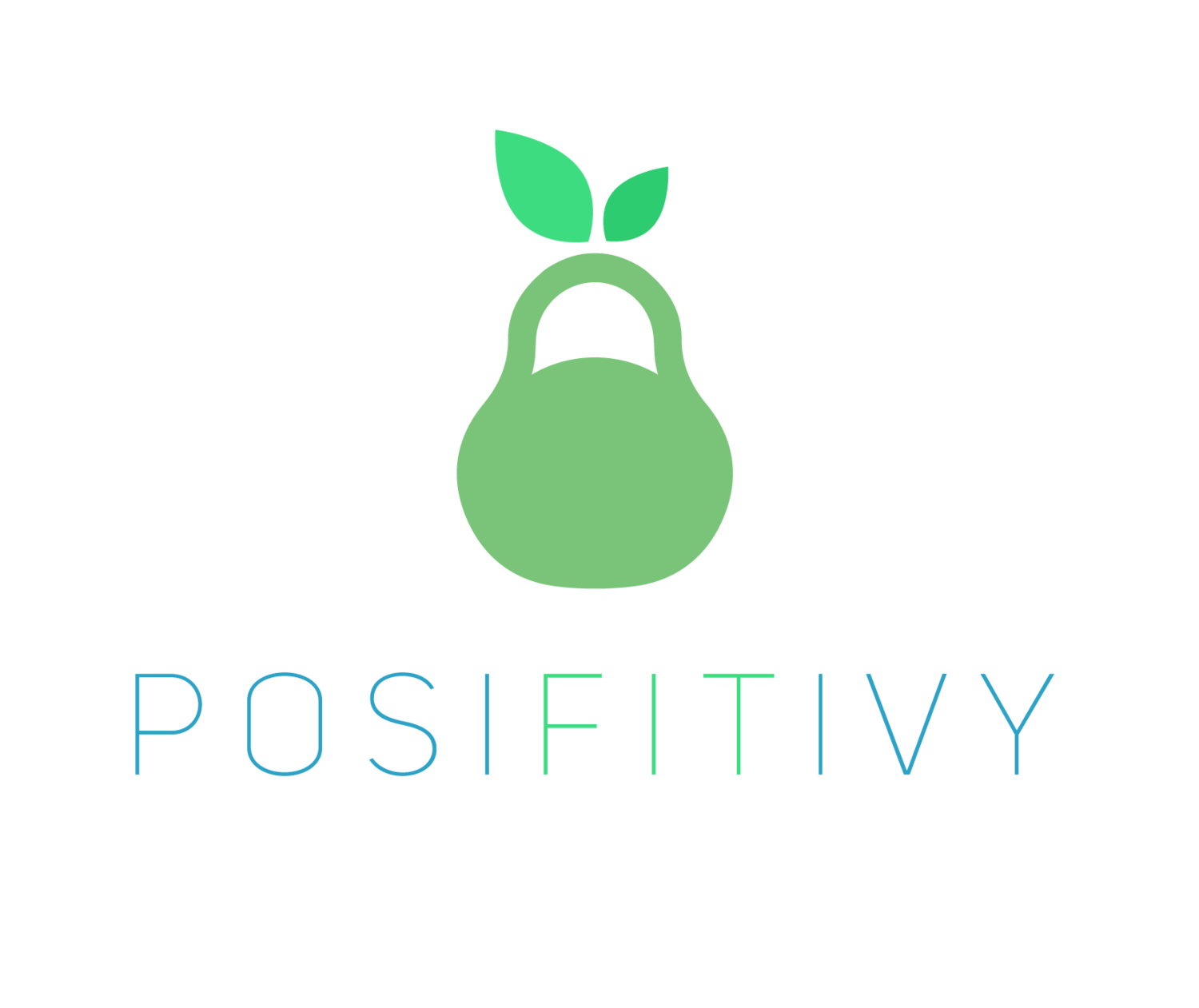body-shaming, weight, and what you can do about it
Weight loss is a tantalizing motivator to get healthy. We’re positively fueled by the desire to lose a few pounds, “get toned,” and inch closer to the ideal body. If you’ve been following me for a while, you know how I feel about this: habit changes motivated by the hope you’ll look a certain way rarely last, and are often destructive to our self-worth and self-esteem. Today, I wanted to get into the nitty-gritty of why body-shaming contributes to this harmful epidemic (and I don’t use the word epidemic lightly, considering the weight loss industry is a multi-billion dollar industry), the subtly different forms it takes, how we can neglect to contribute to this climate, and the way we should actually approach body weight.
There’s no question that excess fat is harmful to your health, and I think this shouldn’t be controversial to say; perpetuating the idea that one can be healthy at any weight just isn’t true, and I don’t think it’s body positive to pretend it is. The American Institute for Cancer Research, in its most comprehensive scientific report to date, concluded: “The evidence linking body fatness to cancer is overwhelming and has grown stronger over the past decade. Our new findings show strong evidence that being overweight or obese is a cause of 12 cancers. This is five more than in our last Expert Report a decade ago.” The American Cancer Society agrees that “being overweight or obese is clearly linked to an overall increased risk of cancer.” The World Health Organization lists an elevated BMI as a major risk factor for cardiovascular disease, cancer, diabetes, and musculoskeletal disorders. We have to be okay with this premise in order to move forward. I know it’s uncomfortable. I feel uncomfortable writing it, because I know it may feel like another instance of body-shaming, but I know that if we approach this issue with honesty and nuance, we can meaningfully tackle it.
Knowing this about body fat doesn’t make it okay to
comment on someone else’s body
point out someone’s weight gain
equate thinness with self-worth
assume thinness = health (it absolutely doesn’t)
beat yourself up if you’re not at a healthy weight
write someone off as “lazy” or “gross” for not being at a healthy weight
idealize a specific body type (all bodies look different, even at a healthy weight)
miserably yo-yo diet
Raise your hand if you’ve experienced something on this list that caused you pain. I know I have. These don’t always manifest overtly, either. Maybe you don’t loudly berate yourself, but you shy away from looking in the mirror. Your family loves you, but when everyone gets together, you know you have to brace yourself for a comment about how you look. You don’t idolize celebrity bodies, but you scroll through an Instagram feed full of pernicious before and afters that promise happiness to anyone who can achieve the same physical transformation. You feel uncomfortable when faced with a body you want to have, ashamed and inadequate. You scan headlines on magazines while you wait in line at a grocery store - all of them scream that the secret to flat abs in eight days is just behind the cover! The list goes on, and if you pause to think about it, you’ll realize that the messages are truly everywhere, and even worse - we internalize them.
Here’s the thing. Shaming other people and ourselves only serves the purpose of hurting self-esteem and pushing one further away from the state of mind that motivates real, positive change. Desperation and frustration motivate a willingness to try anything - unregulated supplements, dangerous products, and any diet that promises to be different. Often, the attempt fails, and self-worth so deeply rooted in appearance falls further. It’s a sickening cycle, and it does both the mind and body a deep injustice.
so what can you do differently?
Decouple appearance and self-worth. Start by unfollowing people whose images make you hate your body.
Stop contributing to the industry. Toss out unhealthy and damaging products. Get rid of your detox teas, waist trainers, weight loss pills and supplements, body wraps, etc.
Start cataloging what you say to yourself about your body. Write it down, and then pair it with a positive counter-thought. Practice thinking the latter instead of the former.
Actively work on a shift in perspective. It’s important to eat well and be well to achieve good health and have the energy to do good in the world, no matter what that looks like for you. Find a deeply motivating Why that doesn’t center on looks at all.
Don’t comment on others’ bodies.
Make healthy changes! By taking the above steps and taking care of our bodies, we boost self-love. Eating better and exercising says, “I am worth the effort this takes. The time I’m putting aside for this is a kindness I’m showing myself.”
Those are some pretty hefty changes - try them and see if they don’t make a difference! I know this feels like a state of the world we just have to accept, but that isn’t true. Making an individual effort is so powerful. It’s essential for us to be brave enough to believe things can be different, and that difference starts with us. Let’s do the work. Soon, loving and healthy relationships with our bodies and conversations about health that are no longer appearance-dominated will be the norm! I don’t think that’s a bold claim, and neither should you.



